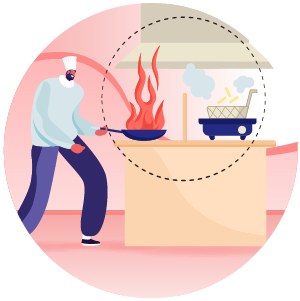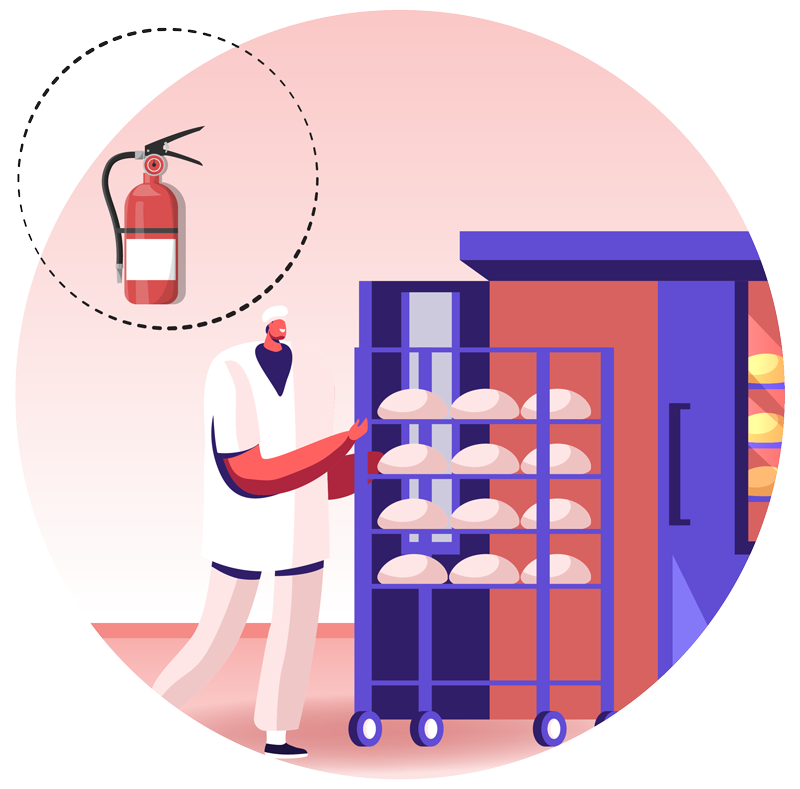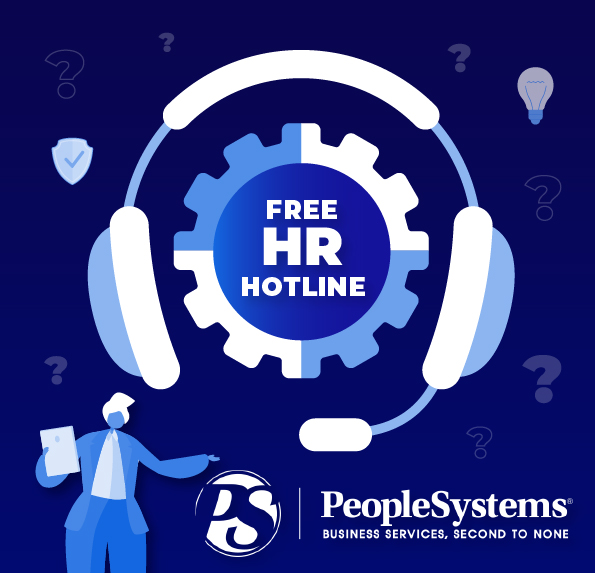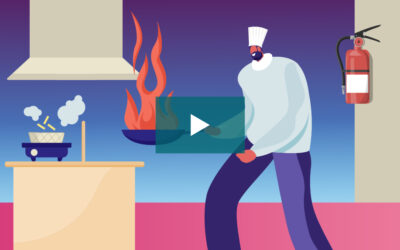You’ve invested time and money into getting the proper commercial cooking equipment, from deep fat fryers and grills to hoods and duct exhaust systems, installed inside your restaurant. But all this essential equipment can easily malfunction without proper use and maintenance, leading to the possibility of a kitchen fire that could endanger your employees, patrons and the very business you worked so hard to build.
By following our five fire safety tips, you can keep your commercial cooking equipment running safely and effectively while greatly reducing the chances of a fire starting or spreading from your kitchen.
1. Keep Your Kitchen Equipment Well-protected
Your deep fat fryer, grill tops and any solid fuel cooking appliances will be best protected if they are covered by a hood and duct ventilation system, as well as an automatic extinguishing system (AES). Commercial ovens and stoves should also be covered by a ventilation hood.
Make sure all staff members are trained on how to properly use all kitchen equipment, especially extinguishing tools, as these will help minimize damage in the event of a fire.

2. Have Your Equipment Professionally Maintained to Keep It Working Properly
Set up a plan to have a properly trained and certified company inspect your hood and duct ventilation and exhaust system. Servicing should be done monthly if you conduct solid fuel cooking (e.g., using charcoal or wood pellets), a quarterly basis for high-volume cooking (e.g., 24-hour cooking establishments or those charbroiling or wok cooking) and every six months for low-grease, low-volume kitchens.
Have your AES professionally serviced every six months for any adjustments or repairs needed in order to keep an up-to-date compliance tag. Get your K-type fire extinguisher inspected annually, and always maintain an updated service tag.
Finally, properly dispose of any used oil, collected grease or residue in an acceptable container. Have this waste removed by a professional service on a regular basis.
3. Don’t Leave It All to the Professionals — Conduct Your Own Kitchen Maintenance on a Regular Basis
Clean deep fat fryers and grill tops daily to remove any grease or oil (and be sure to check for any accumulated grease hiding under or behind the fryer). When changing the oil in your fryer, always follow the manufacturer’s directions.
Solid fuel cooking appliances (e.g., barbecue pits, rotisseries, grills and broilers) should be cleaned thoroughly every week. Check any existing flues or chimneys for residue and corrosion. Clean the grease filters on your hood and duct ventilation system every two weeks. Ovens should be cleaned on a regular basis, especially if there is frequent residue build up.
4. Properly Store Any Flammables
Store all cooking oils and flammable liquids in a well-ventilated area away from sources of ignition or heat. Solid fuel (e.g., wood, coal) should be stored in a protected area away from all heat sources and the path of ash removal.
5. Place Kitchen Equipment Where It Makes Sense
Place your K-type fire extinguisher within 30 feet of your cooking equipment so that it’s in plain sight and easily accessible. It’s best placed next to the AES manual pull station, as both are fire reduction tools. Position your deep fat fryer 16 inches away from any open-flame cooking device. If a 16-inch distance is not possible, install an 8-inch-tall stainless steel baffle plate on the sides of the fryer.
Keep your workers and patrons safe — and your business running smoothly — by implementing these five fire safety measures in your commercial kitchen. Taking these necessary steps today may help to prevent a devastating fire in the future.








